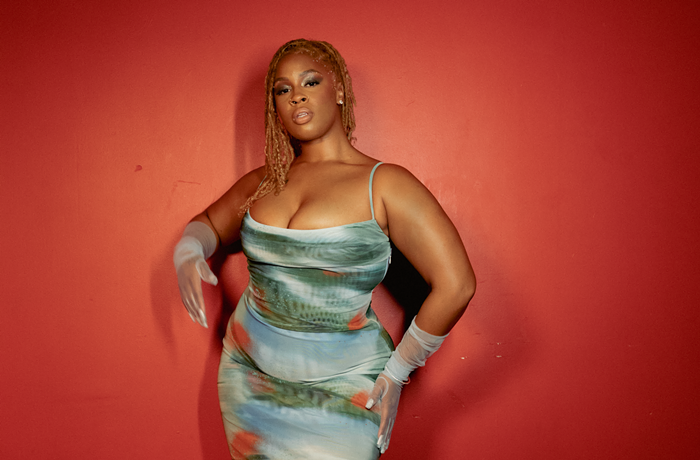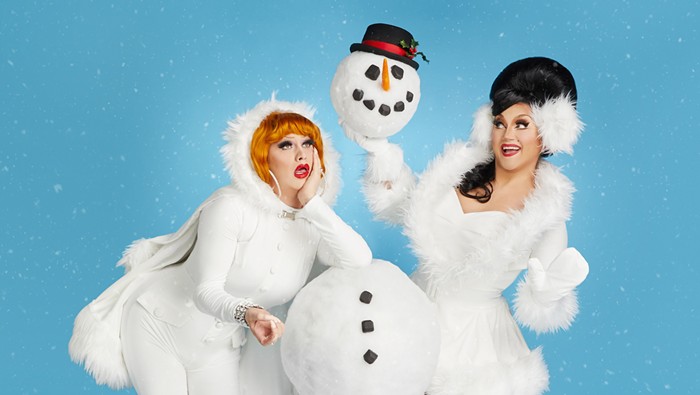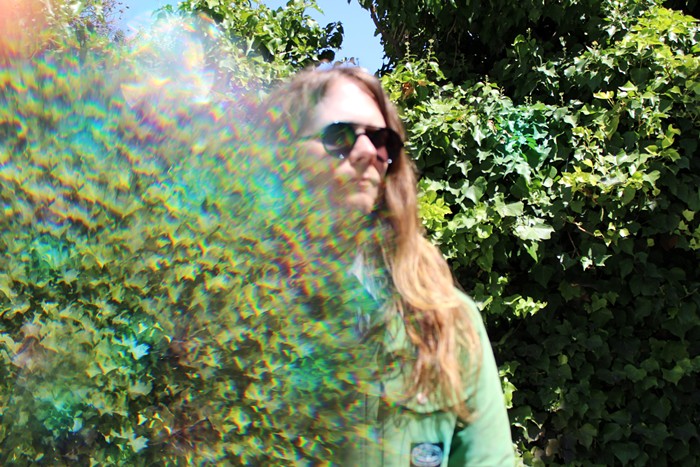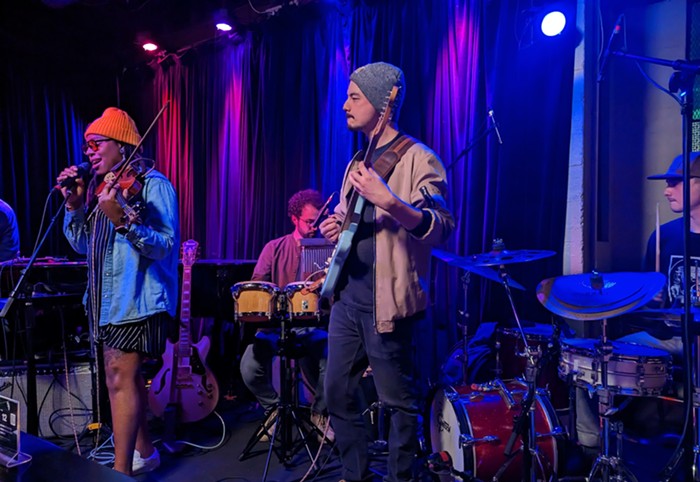
Like a lot of players their age, saxophonist David Murray (62) and percussionist Kahil El’Zabar (63) provide a crucial thread between jazz musicians who exploded the genre through bop and avant garde experiments and the current generation, who are still feeding off of vital recordings of yore. As Murray told writer Bill Milkowski in 2000, “I feel like the missing link sometimes... I knew a lot of the older cats that none of these younger cats today would ever have been able to meet.”
When both men’s careers were just getting underway in the early '70s, they were able to connect and collaborate with many of these pioneers. Originally from Oakland, Murray fell in with an impressive multitude of players, including Oliver Lake and Julius Hemphill (with whom he formed the World Saxophone Quartet), and a longstanding relationship with the combustible blues guitarist James “Blood” Ulmer.
El’Zabar quickly fell in with the Association for the Advancement of Creative Musicians in his hometown of Chicago, becoming the group’s chairman in 1975 and finding plentiful inspiration with his fellow members. That has led to some mind-altering work with trumpeters Wadada Leo Smith and the late Lester Bowie, a stirring recording of African-inspired fusion with the group Infinite Spirit Music, and his own projects the Ethnic Heritage Ensemble and his Ritual Trio.
As does happen with long jazz careers, both Murray and El’Zabar have ridden the current of the music industry into somewhat safer waters. Their music over the past couple of decades has softened at times, and they’ve taken some conservative gigs (Murray plays regularly with Macy Gray; El’Zabar has performed at times with Paul Simon). But when their trajectories cross, which has been happening frequently since the ‘80s, they bring out something special in one another.
At times that can be a tenderness and stillness as heard on the title track for their 1989 album The Golden Sea, or an air of fun through the minimalist funk of a song like “Far Too Long” (from 2000’s One World Family). The prevailing tide of this duo project is more muscular and freeform, with splashy drum explorations pushing and teasing against Murray’s sinuous, heated solos. That’s the spirit that makes up the bulk of We Is, a document of the pair performing live at the Bop Shop, a record store in western New York. Closing track “Sweet Meat” is like a modern dance ensemble set to music, limbs flailing and bodies straining, taking shapes that look uncomfortable and seductive.
While El’Zabar is still a proud Chicagoan, Murray is coming over to the US less frequently, as he calls Paris his home. Which makes the current short tour that the saxophonist is doing with his friend and fellow artist the kind of rare occasion that should bring the movement of the city to a standstill—at least for the couple of hours these men are onstage together at the Old Church.


















